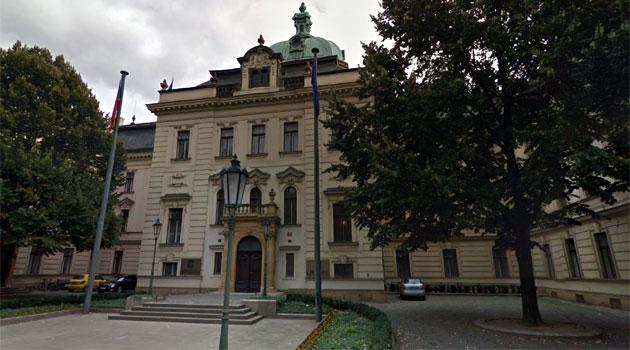Czech Regional Development Minister reluctantly supports social housing law

Czech Regional Development Minister Karla Šlechtová (for ANO) has signed off on the Government’s proposed social housing legislation, with reservations. The minister used online social networks to make her disagreement known at the start of February.
Advancement of such a law is mentioned by the Government both in its coalition agreement and in its program. Coalition politicians have been unable to agree on the wording of the norm, however.
“I have just signed, with reservations, the draft social housing law,” the minister tweeted on 1 February. “I hope the Government decides to put the interests of citizens first,” she added.
A law on social housing was supposed to have already been in effect by now, according to the Government’s original plans. Politicians have not yet managed to reach agreement on it, though.
The drafting of the norm was complicated by tussles between the Czech Labor and Social Affairs Ministry, led by the Czech Social Democratic Party (ČSSD) and the Czech Regional Development Mnistry, led by the ANO party, about which ministry would have the final word over the entire system. Czech Prime Minister Bohuslav Sobotka (ČSSD) previously called the norm one of his top 10 priorities for the cabinet before the autumn elections.
The Government was challenged by 80 organizations aiding people in need to approve the bill for submission to the legislature by the end of January, because otherwise there would not be time for it to be adopted before elections to Parliament. The December version of the norm, produced by the Labor Ministry, wanted social apartment units to be established and managed by a new state-level authority instead of by municipalities.
According to that most recent version of the legislation, social apartments would be allocated by the State Fund for Housing Development. Municipalities would not be obligated to make social apartment units available.
If a local authority voluntarily decided to provide such housing, it would receive a state subsidy to build and maintain it, as well as to fund social work with the renters. Municipalities would provide such housing to persons in need for up to two years.
According to the original plans for the legislation, municipalities were to have been obliged to provide social housing. The dispute over how to shape social housing provision has lasted for many years and predates the Sobotka cabinet.
Years ago the Regional Development Ministry began to design its own concept for social housing. In 2013 it was supposed to collaborate with Labor and Social Affairs on the bill.
While the Labor Ministry wanted to draft a separate law, Regional Development believed amendments to existing legislation would have been enough. Some amendments then actually were promulgated to institute some changes, such as restricting the amount of housing benefits to be paid directly to landlords.
That change, however, has not halted the growth in the number of persons residing in impoverished apartment complexes, neighborhoods or streets. Since 2006, over the course of 10 years, that number has grown from 80 000 to roughly 115 000.
